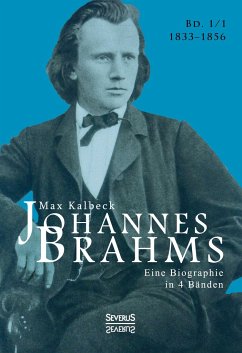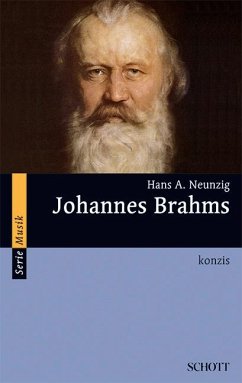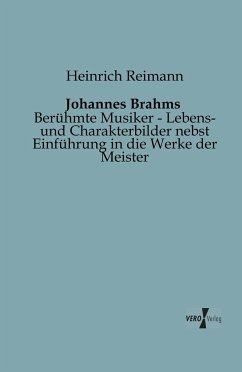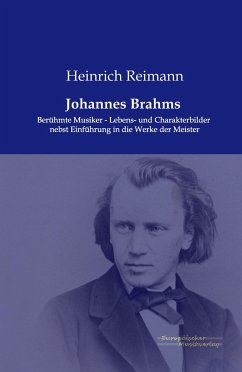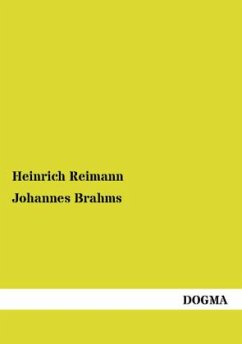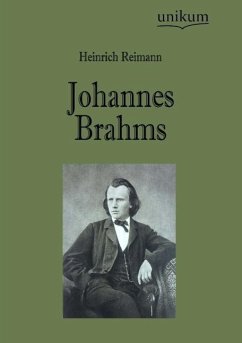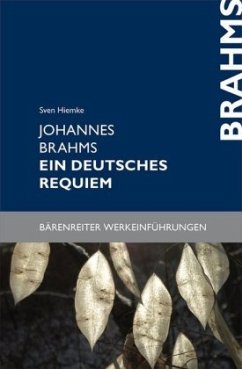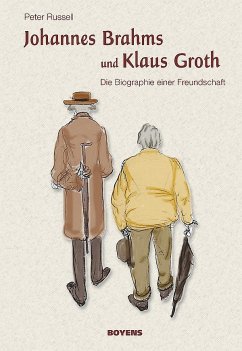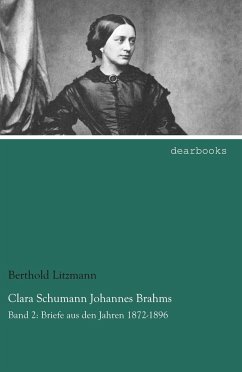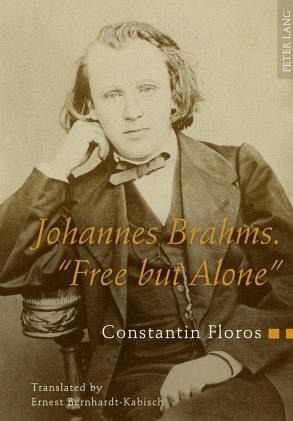
Johannes Brahms. 'Free but Alone'
A Life for a Poetic Music. Translated by Ernest Bernhardt-Kabisch
Übersetzung: Bernhardt-Kabisch, Ernest
Versandkostenfrei!
Versandfertig in 1-2 Wochen
68,95 €
inkl. MwSt.

PAYBACK Punkte
0 °P sammeln!
Johannes Brahms was until now widely regarded as the archetype of the «absolute musician». Based on new research, the study shows how close autobiographic and poetic elements are in fact linked to his oeuvre. Like Robert Schumann, Brahms subscribed to an aesthetic of «poetic» music. In many of his compositions he got his inspiration from personal experiences, poems or images, as is shown by hitherto unpublished documents, letters, and diary entries, as well as from close analyses of individual works. Brahms's personality, too, is seen in a new way. He adopted Joseph Joachim's motto «Frei,...
Johannes Brahms was until now widely regarded as the archetype of the «absolute musician». Based on new research, the study shows how close autobiographic and poetic elements are in fact linked to his oeuvre. Like Robert Schumann, Brahms subscribed to an aesthetic of «poetic» music. In many of his compositions he got his inspiration from personal experiences, poems or images, as is shown by hitherto unpublished documents, letters, and diary entries, as well as from close analyses of individual works. Brahms's personality, too, is seen in a new way. He adopted Joseph Joachim's motto «Frei, aber einsam», «Free but Alone». The tonal code F - A - E, the musical symbol of this, recurs frequently in his works. Not least, the English version of the book, originally published in German in 1997, includes four additional chapters that investigate novel aspects by dealing in detail with the First Symphony, the German Requiem, Nänie and the Four Serious Songs. The American Brahms Society stressed the importance of the study for all those who want to come to know the unknown Brahms.



